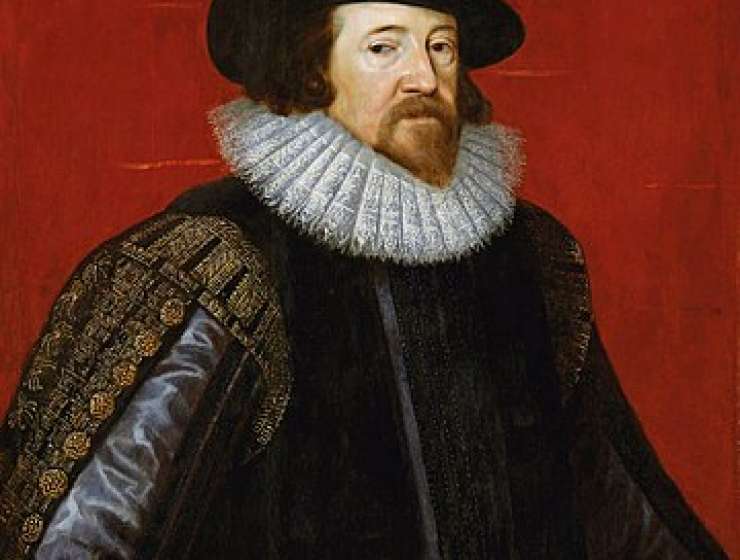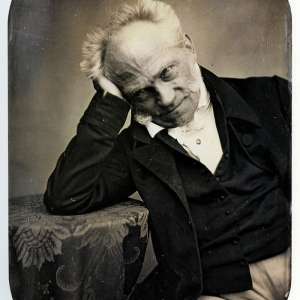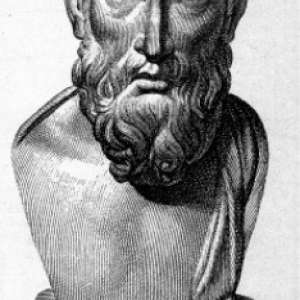
The word science comes from the latin root scientia, meaning knowledge. But where does the knowledge that makes up science come from? How do you ever really know that something is true?
For instance, modern science tell us that some types of disease spread through tiny organisms. Medieval people believed instead that sickness arose from an imbalance of the body’s four humors. How do we know with certainty that modern science is correct? Microscopes enable us to see the germs that cause sickness, but when we look through microscopic lenses to examine microbes, how do we know our understanding of what they are and what they are doing is true?
Of course, medieval philosophers did not have microscopic lenses—but if they did, they very likely would have disagreed with our modern understanding of disease. Believing in the inaccuracy of the human senses, and moreover of the human mind's inability to correctly judge anything, medieval knowledge instead privileged ancient texts as the best way of making sense of the world.










































